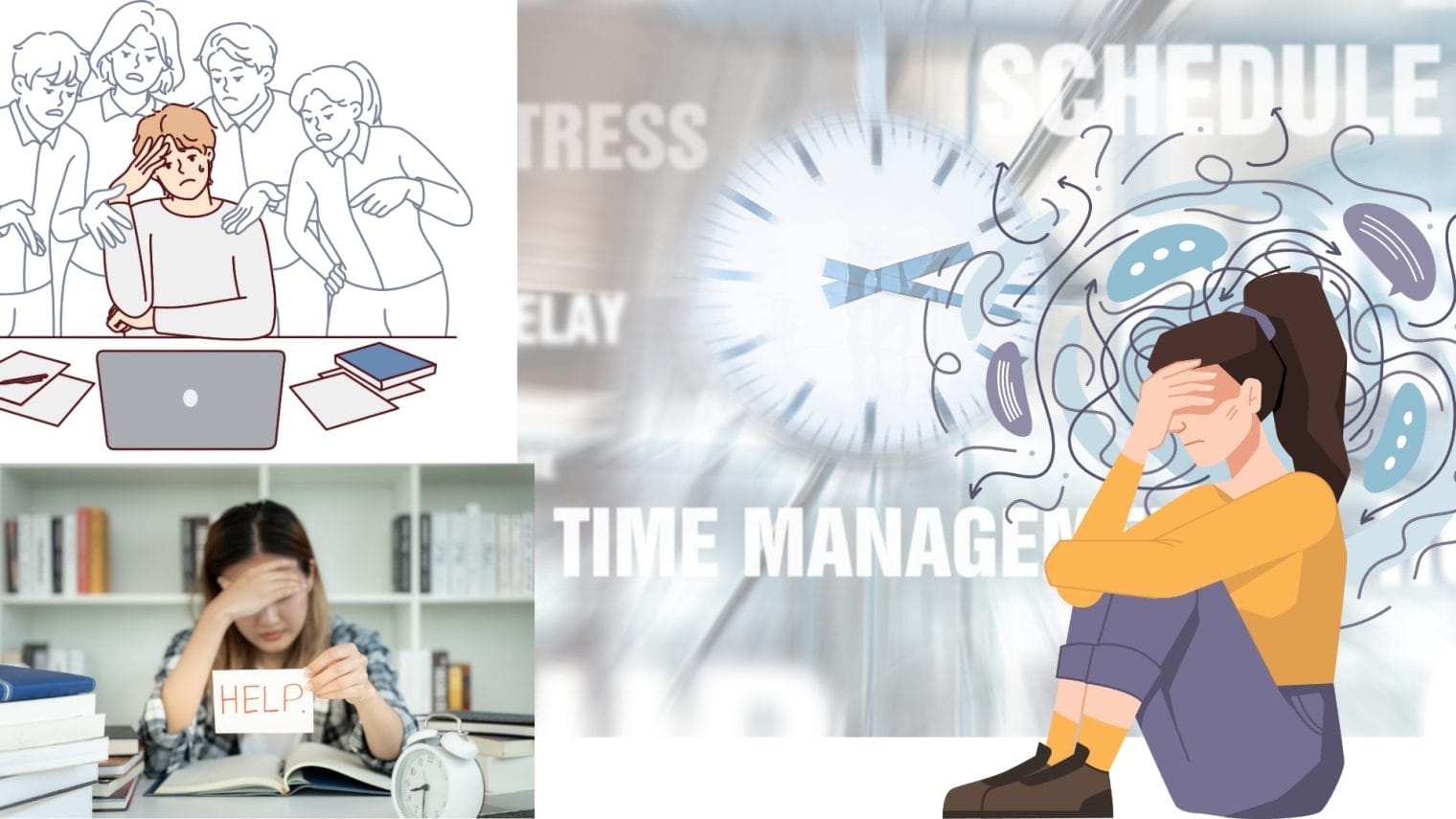If you’ve ever been to an ice cream shop or a candy store, you know how hard it is to pick just one treat out of the many options. For me, and probably for many of you, finding the right therapist feels just as overwhelming.
In today’s digital age, the variety of therapists—from cognitive-behavioral to psychoanalysts—can be overwhelming. Without a clear guide, choosing the right therapist becomes a daunting task. However, with a strategic approach, you can navigate this complex landscape and find the therapist best suited to your needs, profoundly impacting your mental health and overall well-being.
Strategies to Find the Right Therapist
- Define Your Needs and Goals: Start by identifying why you’re seeking therapy. Are you dealing with anxiety, depression, trauma, or relationship issues? Knowing your primary concerns will help narrow down the type of therapist you need. For instance, if you’re struggling with trauma, a therapist specializing in EMDR (Eye Movement Desensitization and Reprocessing) might be beneficial.
- Research Different Therapy Modalities: Familiarize yourself with various therapy types. Cognitive Behavioral Therapy (CBT), Dialectical Behavior Therapy (DBT), and Psychodynamic Therapy are just a few examples. Understanding these modalities can help you decide which approach resonates with you. Each method has its strengths, and some may align better with your personal preferences and goals.
- Consult Professional Organizations: Research professional organizations like the American Psychological Association (APA) or the National Alliance on Mental Illness (NAMI). These organizations often have directories of qualified therapists and can provide additional guidance and resources tailored to your needs.
- Consider Group Therapy: If individual therapy hasn’t been a perfect fit, group therapy might be an alternative worth exploring. Group therapy offers a different dynamic and the opportunity to connect with others facing similar challenges. It can provide additional support and insights that might resonate with you in ways individual therapy hasn’t.
- Engage in Trial Sessions: Don’t hesitate to engage in trial sessions with multiple therapists. Many therapists offer initial consultations either for free or at a reduced rate. Treat these sessions as interviews, and be upfront about your needs and expectations. This can help you gauge the therapist’s compatibility more effectively.
- Evaluate and Reflect on Past Therapy Experiences: Reflect on what worked and what didn’t in your past therapy experiences. Understanding these aspects can help you better communicate your needs and preferences to potential therapists. Consider writing down your reflections to clearly articulate them during your initial consultations.
- Trust Your Instincts: Your intuition plays a vital role in this process. If something doesn’t feel right, it’s okay to move on. Trust your gut feelings about a therapist. The right therapeutic relationship should feel supportive, respectful, and non-judgmental.
Taking the First Step
Finding the right therapist may take time, but it’s a crucial investment in your mental health. Start with small steps, armed with these strategies, and be patient with yourself. The journey to finding the right therapist is a personal one, and it’s okay to take your time to find the best match. Remember, the goal is to find a therapist who makes you feel seen, heard, and supported as you navigate your mental health journey.
In the end, much like finding the perfect candy, the right therapist can bring profound satisfaction and positive change to your life. By being proactive and informed, you can navigate the sea of choices and find the therapeutic support that best meets your needs.
____________________________________________________________________________





Leave a Reply